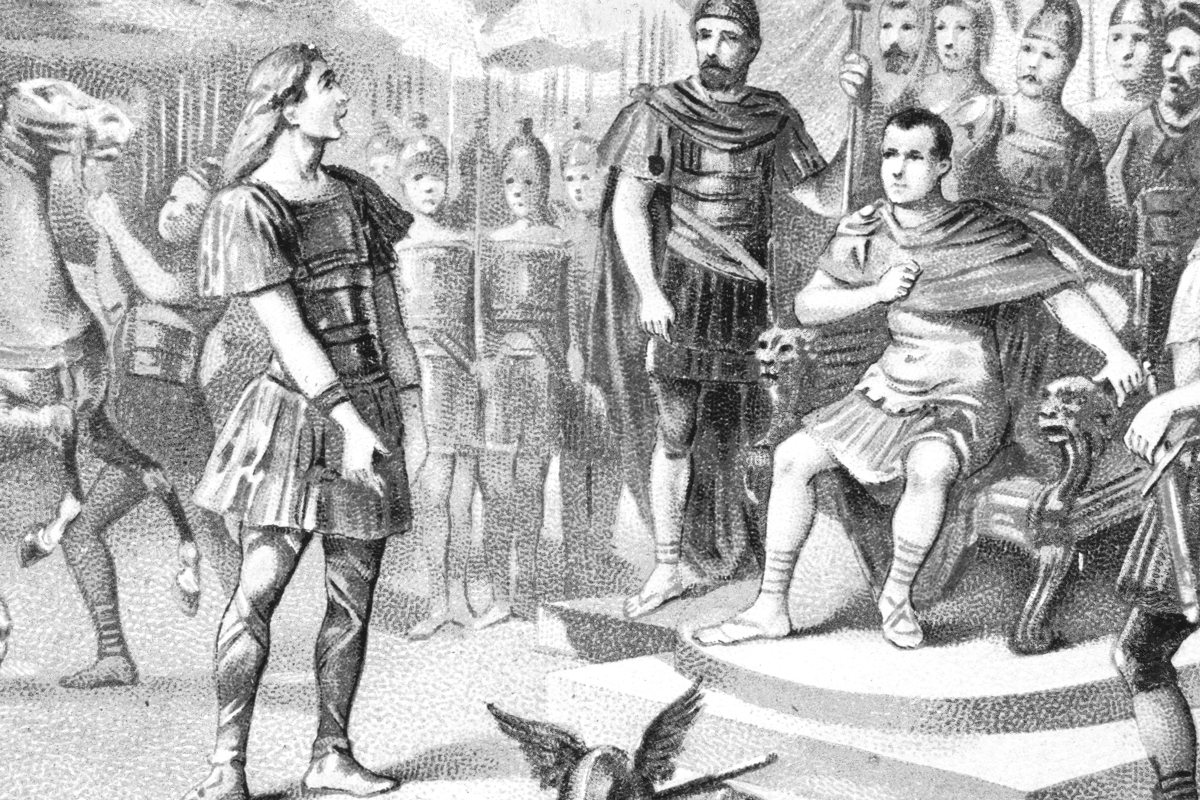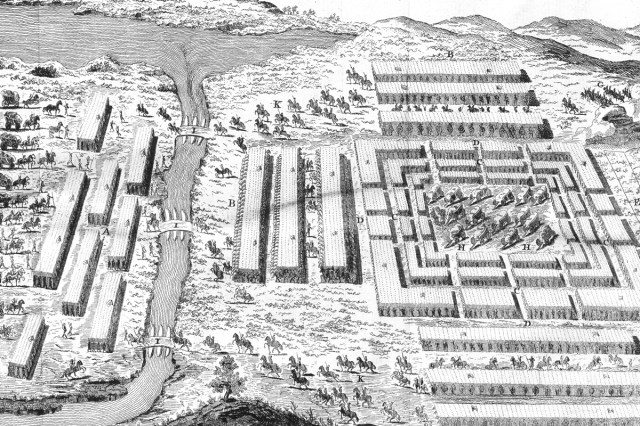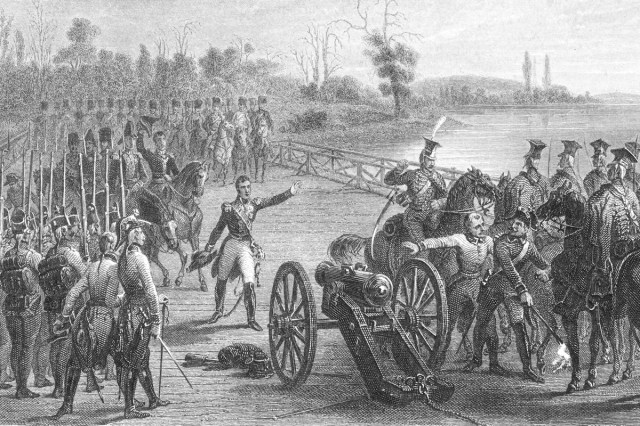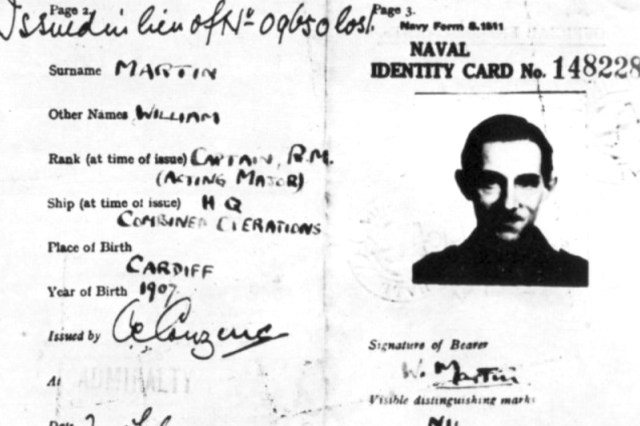5 Military Strategies That Shouldn’t Have Worked But Did
History shows us that strategy in warfare can be far more important than superior numbers or technology. Indeed, some ingenious, unconventional, and seemingly foolhardy strategies have produced unexpected victories.
Military doctrine, both ancient and modern, typically emphasizes principles such as concentrating force, securing flanks, and choosing the right terrain and weather conditions for the task at hand. But some of history’s most remarkable successes came from deliberately violating these established rules.
We all know the story of the Trojan horse, in which Greek soldiers took the city of Troy — after a futile 10-year siege — by hiding in a giant horse supposedly left as an offering to the goddess Athena. While this famously left-field strategy is probably a myth, there are other wartime tactics that seemed destined for failure yet managed to achieve unlikely success.
Here, we look at five military strategies that shouldn’t have worked but did — maneuvers that succeeded precisely because they were so unexpected that their opponents had no contingency plans to counter them.

Hannibal’s Alpine Crossing
In 218 BCE, during the Second Punic War, the Carthaginian general Hannibal was determined to take the fight directly to the Roman Republic. Defying all conventional military wisdom, Hannibal decided to make a surprise attack into Northern Italy — but to do so, he would have to march his massive army across the Alps. The plan was near suicidal. Hannibal’s forces included 70,000 men, 20,000 horses, and 37 war elephants, all totally unsuited for crossing one of Europe’s most formidable mountain ranges.
It could have gone down as one of history’s greatest military disasters. Treacherous mountain passes, freezing temperatures, and potential ambushes by local tribes all conspired against Hannibal and his men — hundreds of whom died on the march — and yet the bulk of the force managed to cross the Alps in just 16 days. Rome never expected an attack from the north, and it was the audacity of Hannibal’s strategy that allowed him to establish a foothold in Northern Italy, from which he proceeded to attack the Romans on their own territory for the next 15 years. Hannibal crossing the Alps remains one of the most famous and celebrated achievements of any military force in ancient warfare.





















